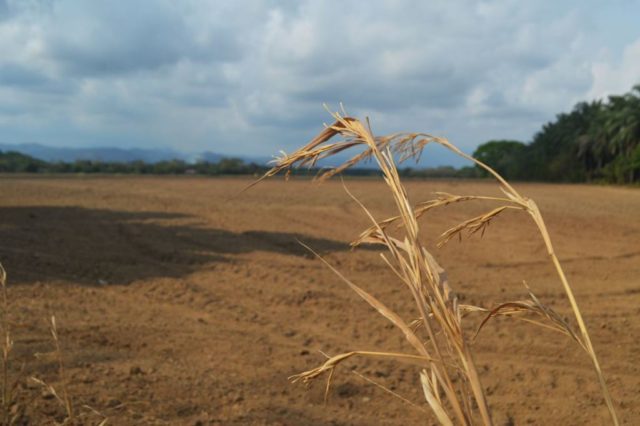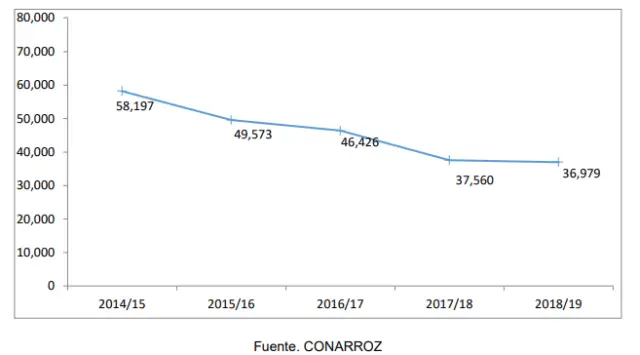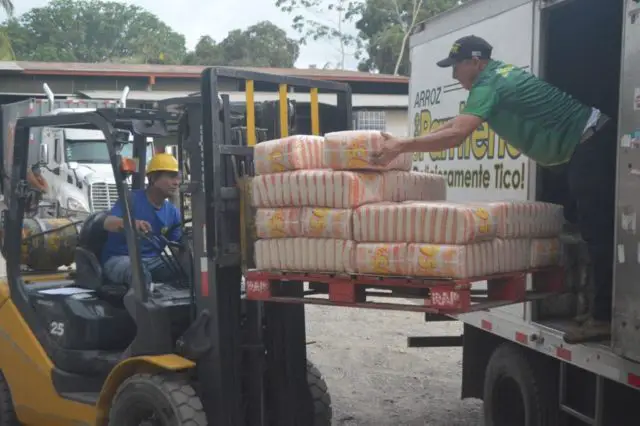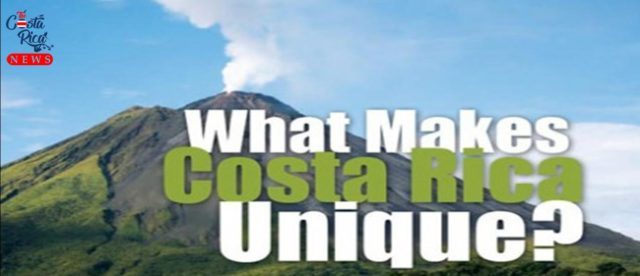
From being completely self-sufficient in terms of agriculture production, we have become a food importing country, now producing less than 25% of what we eat. Take for example a rice producer with a farm in the border zone with Nicaragua, he is no longer harvesting rice, because he had stopped sowing it when it no longer was profitable. This reflects the paralysis of rice activity in this part of the Northern Zone and most of the country.
“The worldwide problem with the Covid-19 has made things rough on the basic food basket. My colleagues and I here in Los Chiles have been left out of the rice sector for various reasons, such as the fiscal plan, the lack of crop insurance, and yet, one as a producer has always wanted to plant, the problem is that they do not allow us to produce, the truth is that the times do not reach more than for waiting for next year’s prices, because, for this 2020, the die is cast,” says the farmer.
The Government-sponsored “Conarroz”, assures that the grain will last until December, thanks to “measures to guarantee national supply”, but this guarantee is tied to the possibility of importing the grain. The latest production report of Conarroz, prepared before the emergency by Covid-19, indicates that national production for the 2018-2019 period “was 155,051 tons of clean dry granza rice and 36,979 hectares were harvested.”
For this 2020, a -2% drop in production is expected, which leaves the country with an insufficiency that justifies the importation of grain due to shortages. This implies that there are only 33,000 hectares planted, and the increase foreseen by Conarroz if it would take the planting of the grain, to some 38,000 hectares. But the country requires at least 100,000 hectares to guarantee national consumption with local production, something that is not feasible.
At the discretion of Antonio Martínez, executive director of “Industriales del Arroz de Costa Rica” (Indarroz), the import is positive as long as there is a balance with the purchase from the national producer, which guarantees access to the product in times of uncertain international prices.

However currently, even with the declaration of shortage indicated by the Government, more rice will always be needed, since only 35% of what is consumed is produced in the country. In a first instance, both Conarroz and the Ministry of Agriculture and Cattle (MAG) affirm that there is no problem, that rice can continue to be imported at a better price than that produced in the country, but the situation of international markets due to COVID-19 opens the door to uncertainty. In no Protocol, Conarroz or the MAG would have foreseen a catastrophe like the Covid-19, which already stacks more than 118,000 dead worldwide after Easter.
Bean production; a closing market

A similar situation is experienced with the bean issue. Minister Alvarado affirms that the issue of beans is aimed to guarantee a revival. From being completely self-sufficient in terms of production, we became a bean importing country. The main producers that supply the country are China, Nicaragua and to a lesser extent, Honduras.
Meanwhile, the different agricultural groups cry out for better conditions, the shadow of Covid-19 hangs over the economy, suffocating the productive capacity of the country, cutting off the respiratory system of an economic system that at times languishes to the point of asking for help and rescue for banks.
In this scenario, the country is gradually running out of reserves. “For May there will be no beans,” says the manager of the “Los Chiles Cantonal Agricultural Center,” Kenneth Serrano, who assures that the activity collapsed after the country’s policies folded to a commercial opening for which it was not prepared.
The director of the United Nations Food and Agriculture Organization (FAO) Qu Dongyu, warned this March 26th that problems are being observed in the logistics for the movement of all kinds of food. “The COVID-19 pandemic is affecting food systems and all dimensions of food security in the world. No country is immune,” said the FAO spokesman.
“Unfortunately, national production has decreased. We must be clear that it has decreased due to the high impact of imports of ready-made, pilled grains, which is much cheaper due to the phenomenon of subsidies that are given worldwide, and where Costa Rica does not have any policy in this regard”, warned an executive director of the sector.
Meanwhile, in the countryside, the need for employment and the urgency to reactivate agricultural areas keep the door open to the possibility of increasing the planting of rice and beans. “If these conditions (current for sowing) are modified due to Covid-19, we, like many producers, would sow again,” said the national producers.


